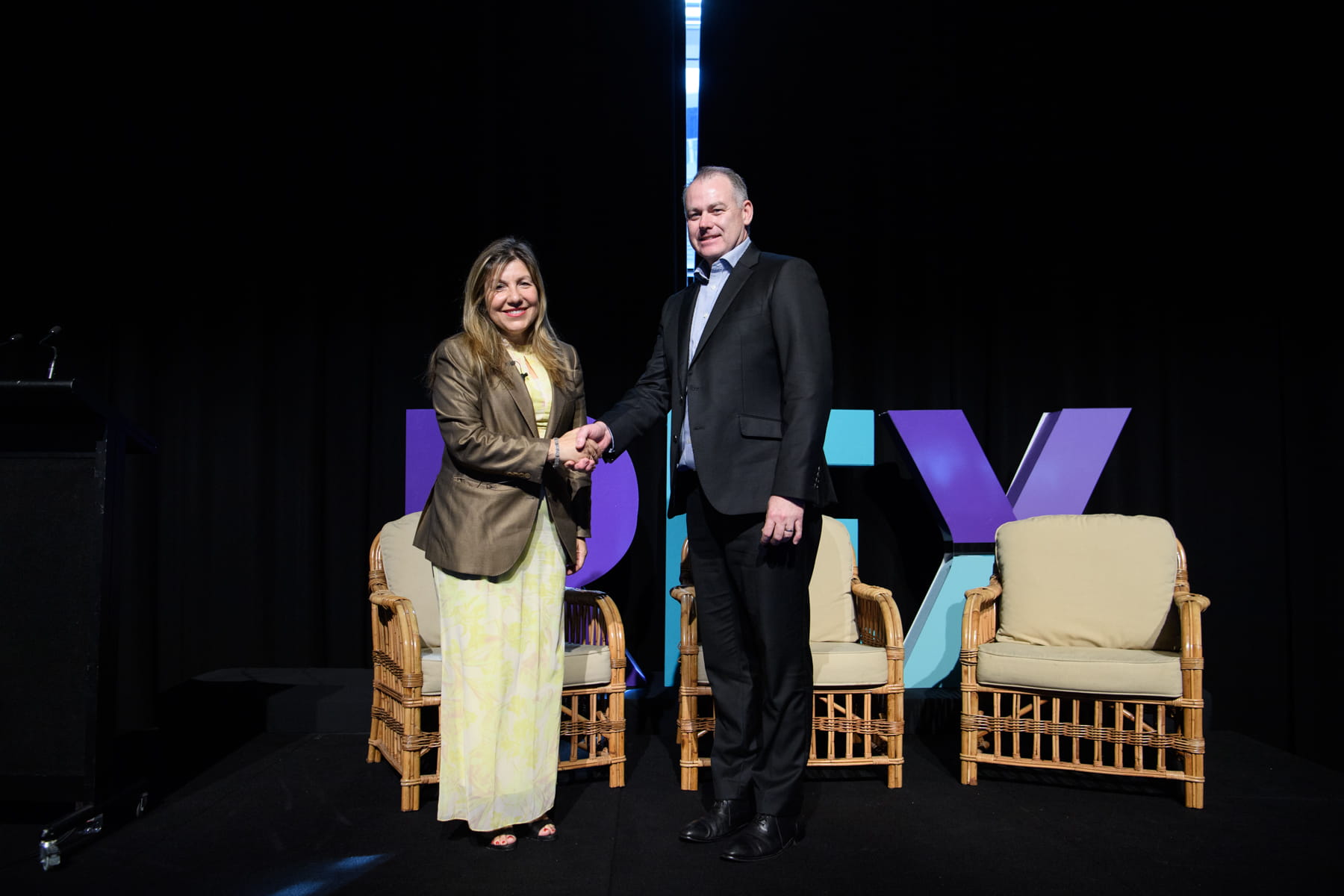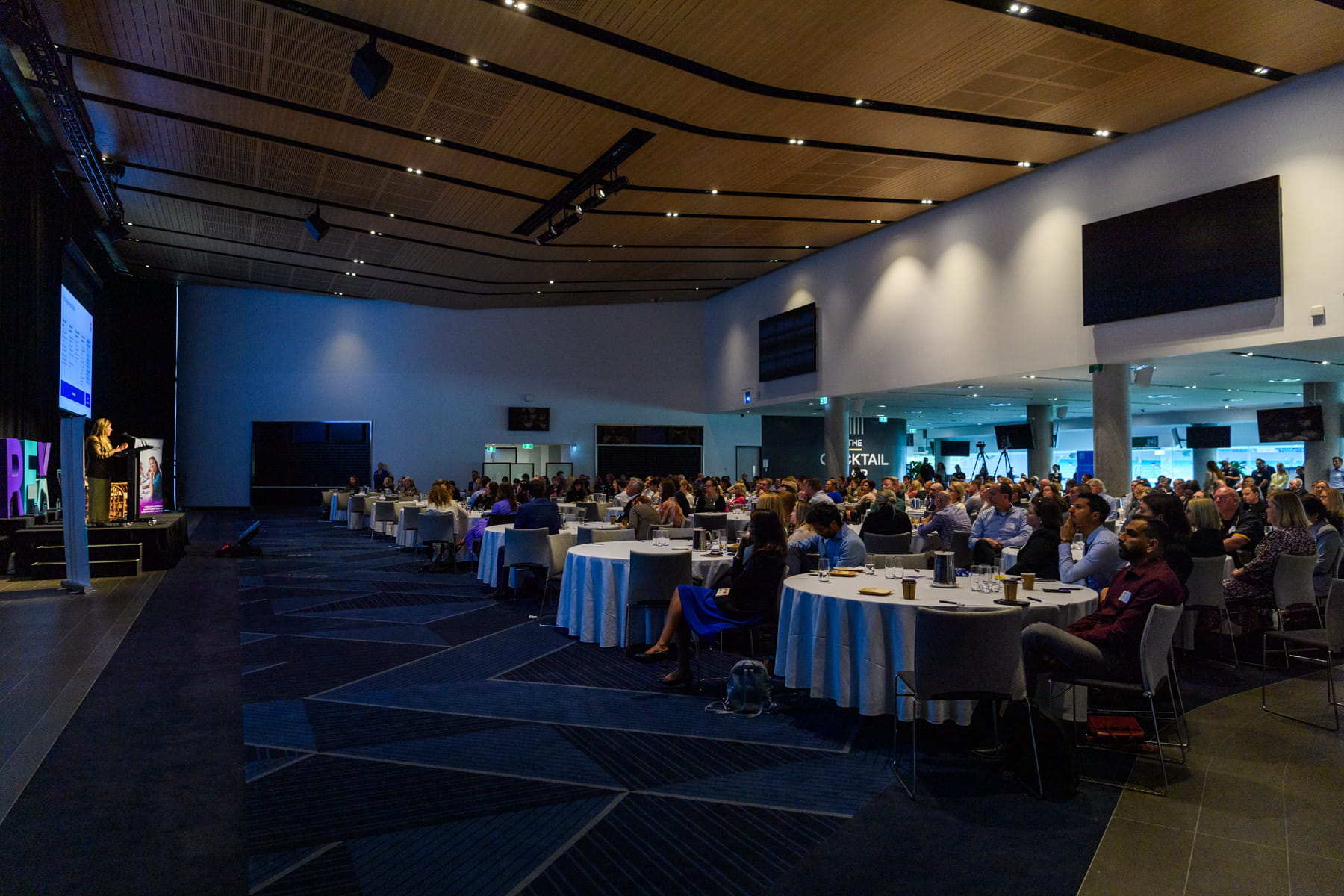Are You Doing Enough to Protect Your Workforce?
In a world where the demands on employees are ever-increasing, it's more important than ever to prioritise workforce protection.

This month, icare's Risk Education eXpress hosted a forum to discuss strategies for safeguarding the physical and mental wellbeing of public sector workers.
The event brought together government agencies, industry experts, and policymakers to explore innovative approaches to workforce protection.
Themed "Taking a Holistic and Integrated Approach to Protecting Your Workforce," the Forum focused on return-to-work outcomes and emphasised the importance of a comprehensive approach to employee safety and wellbeing.
In his opening remarks, Tony Wessling, Group Executive, icare Workers Compensation, emphasised the importance of collaboration in the return-to-work ecosystem, to support to NSW public sector workers.

The Hon. Sophie Cotsis, Minister for Industrial Relations, and Minister for Work Health and Safety with Tony Wessling, Group Executive, icare Workers Compensation.
"Events like this foster collaboration, knowledge sharing and innovation."
"Together, we have a responsibility to improve the return-to-work outcomes for people injured at work," he said.
"Today nine in ten workers with a physical injury are back in the workplace within six months, and that’s thanks to the efforts of employers, injured workers, claims services providers and other health providers," Tony said.
“Despite the success in physical injury recovery, mental health issues are emerging as a major obstacle to return to work. Only about 50% of workers with a psychological injury at that same 26-week mark are back at work.”

Proactive leadership also plays a key role to drive positive outcomes. “One example of this was a leader who was able to reduce absenteeism from 40% down to single digits with deliberate leadership strategies – simple things like just making a phone call when people were away from work,” she said.

